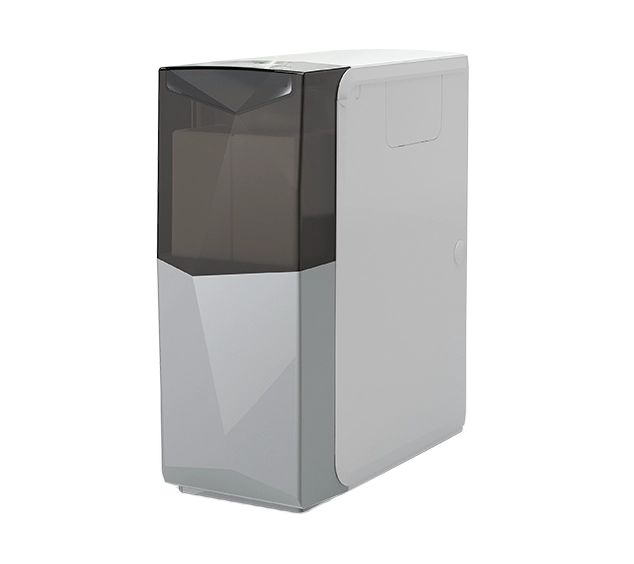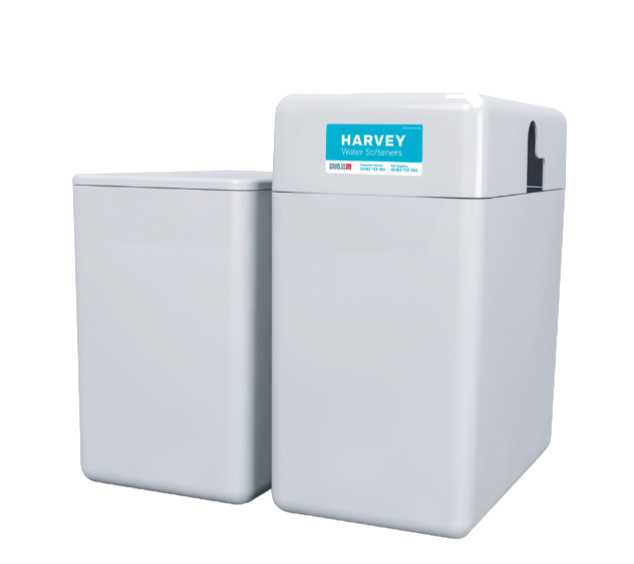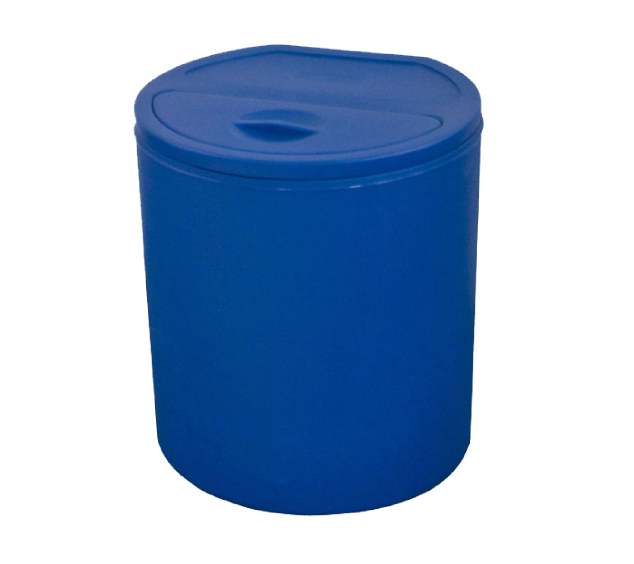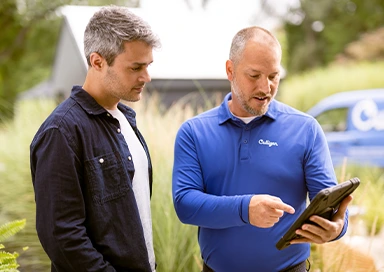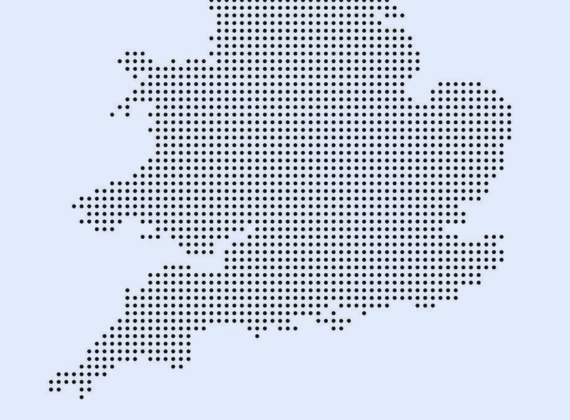What Is Hard Water? Understand It. Spot It. Fix It.
Hard water is more common than you think and if you’re noticing limescale, dull surfaces, or higher bills, it could be affecting your home more than you realise. But what exactly is hard water, and why are so many water companies talking about it?
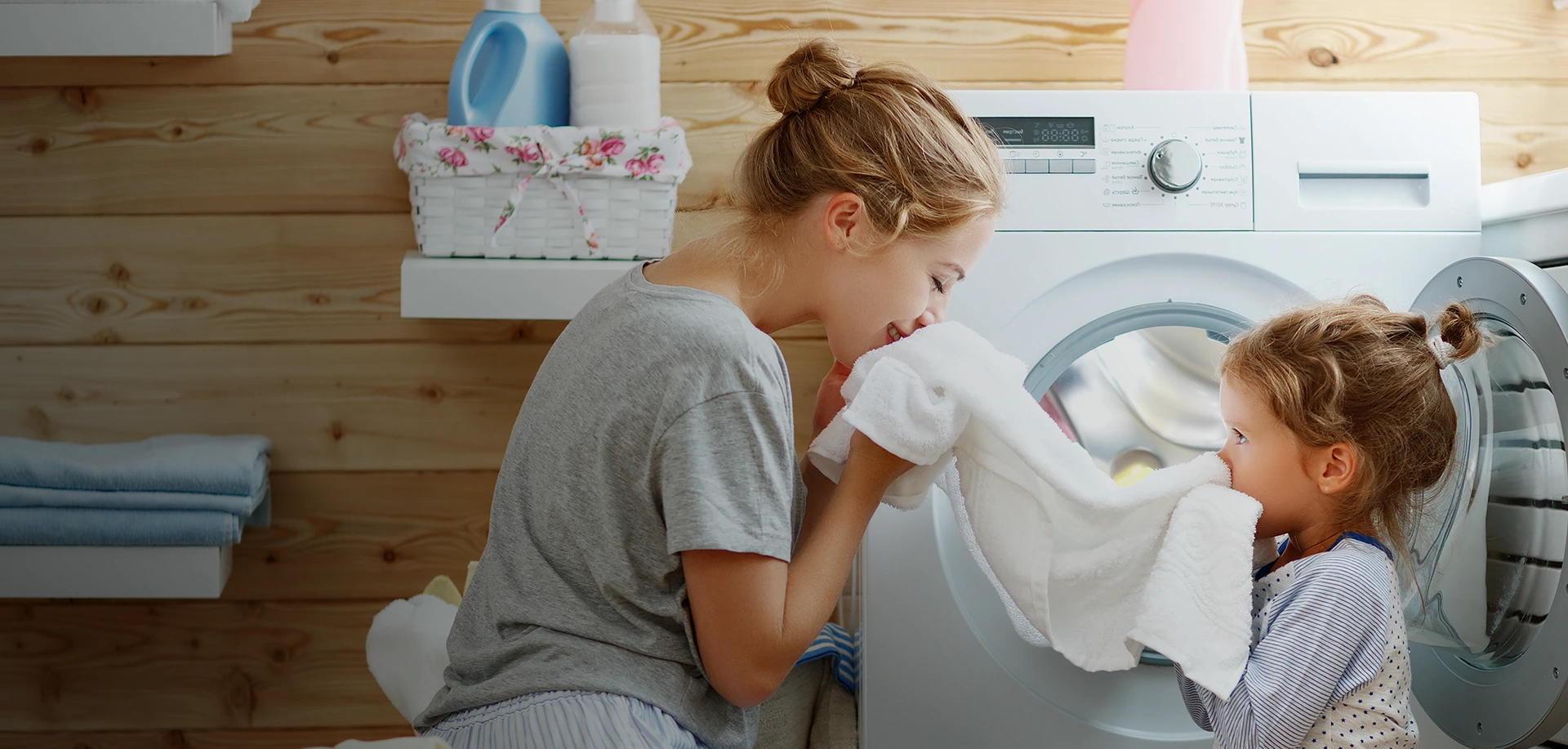
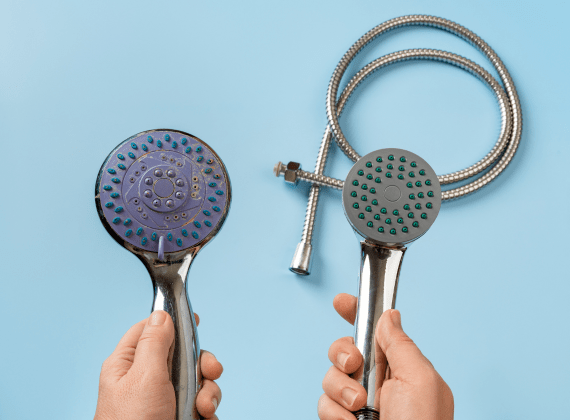
What is hard water?
Hard water, containing minerals like magnesium and calcium, can cause problems for home pipes, attendances, and also for people skin and hair. Water starts soft but picks up minerals as it moves through the ground, making it hard. Places like the South East of England and London often have high water hardness. However, areas like Scotland, Ireland, and Wales usually have naturally soft water.
Water hardness measurement of your area is the first fundamental step to identify the levels of hard water and identify possibile correlations with issues are happening in your home.
Do you need a water softener?
If it’s 100ppm or above, you have hard water. A water softener can help you avoid limescale buildup, saving time and money.
* PPM stands for parts per million and indicates the concentration of dissolved limescale minerals like calcium and magnesium in water.
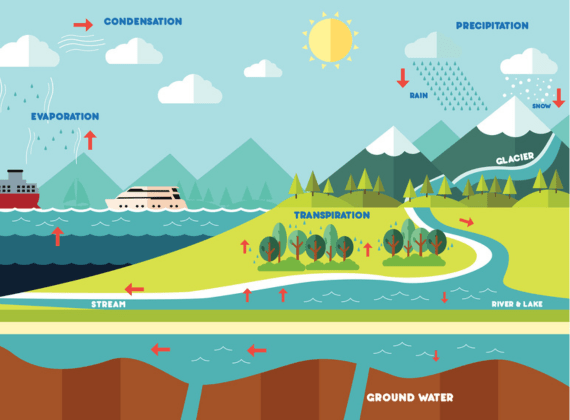
The Water Cycle
The sun heats water, making it evaporate into vapour, which rises into the air. As it cools, it forms clouds and eventually falls as rain. This water collects on the ground, replenishing rivers, lakes, and oceans, where it gets heated by the sun again, starting the cycle over. Only pure water forms clouds, resulting in mineral-free and soft rain. However, when water hits the ground, it starts to pick up hard minerals, which stay as it moves through reservoirs and into homes.
Wonderful customer service
karuna chandru, 8 July 2025
A very good service
customer, 8 July 2025
This is the second time using Harvey’s
Sarah Wright, 8 July 2025
Really helpful installer.
ABDULMUJEEB ALIU, 8 July 2025
Tony’s knowledge on my product was excellent
Phil Watts, 8 July 2025
Great delivery even stacked salt in…
Nick Cockran, 8 July 2025
Hard water can lead to..

Limescale in your home
Hard water can lead to limescale buildup, which is tough for homeowners to deal with. Removing the limescale can be hard work. Also, limescale can make homes look dirty and less modern, which homeowners don’t like. Limescale can clog shower heads, damage appliance parts, and make them work less well and for a shorter time.

The effects of hard water
Hard water causes problems like scale and scum, seen as white marks around baths and sinks, often with leftover stuff on sinks, toilets, and showerheads. In bad cases, limescale can block pipes and make water heaters and other appliances stop working well. Also, hard water doesn’t mix well with soap, so it doesn’t clean as well. Clothes might look dull after washing, and dishes and glasses can look smeared.
Hard water can also affect hair, making it look dull and hard to deal with.
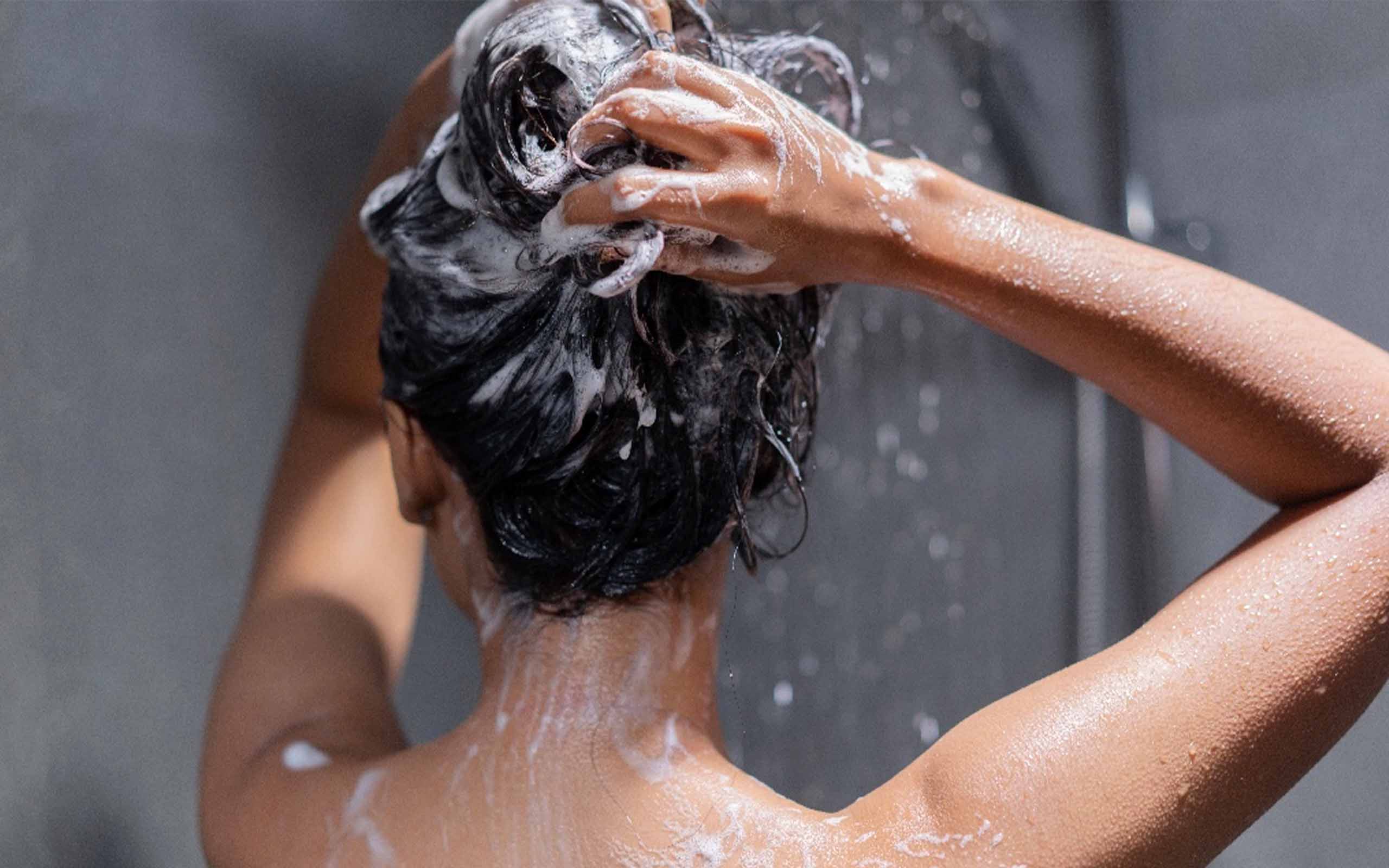
Dull hair
If your skin feels dry no matter what you use or your hair just won’t shine your water could be the problem. Hard water is full of minerals that can leave skin feeling tight and hair looking dull.
Soft water changes that. And you’ll feel the difference from the very first wash.
Explore the benefits of softened water
Softened water provides so many benefits to your home and family, from a shiny kitchen and bathroom to being soft on skin and hair.

Limescale from hard water can damage plumbing and appliances, leading to expensive repairs.

Say goodbye to scrubbing limescale from your drains, shower screens, tiles, and taps when you get a Harvey Water Softener.
An Harvey water softener system in your home could be a solution to prevent and remove the minerals that increase the effects of water hardness.
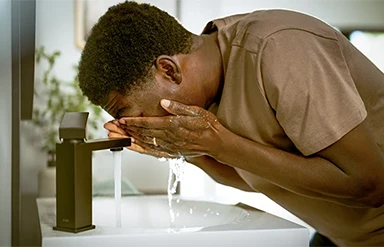
Get softer, brighter laundry, smoother shaving with less irritation, richer tea, indulgent baths in softer water, and better skin conditions against eczema and psoriasis.
